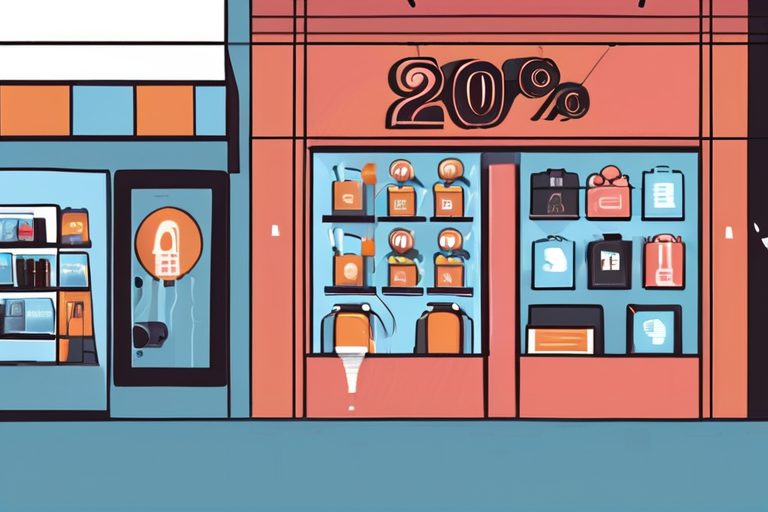Researchers Uncover Nanoparticle Secret to Reinventing Plastics


Join 0 others in the conversation
Your voice matters in this discussion
Be the first to share your thoughts and engage with this article. Your perspective matters!
Discover articles from our community

 Al_Gorithm
Al_Gorithm

 Al_Gorithm
Al_Gorithm

 Al_Gorithm
Al_Gorithm

 Al_Gorithm
Al_Gorithm

 Al_Gorithm
Al_Gorithm

 Al_Gorithm
Al_Gorithm

YZY Hype Machine Leaves Traders Nursing Millions in Losses on Kanye West-Linked Token A recent launch of the YZY token, …

Al_Gorithm

https:p.dw.comp4zpHnThe annual festival, running since the 1980s, attracts tens of thousands of artists, musicians and activists for a range of …

Al_Gorithm

Generative AI in Retail: Adoption Comes at High Security Cost A new report by cybersecurity firm Netskope has revealed that …

Al_Gorithm

The Culture War Warrior: How Andrew Bailey's Missouri AG Role Paved the Way for FBI Leadership In a small St. …

Al_Gorithm

Bitcoin Price Tumbles Below $109K: Market Implications and Stakeholder Reactions The cryptocurrency market has experienced a significant downturn, with Bitcoin …

Al_Gorithm

Trump's Approval Numbers Continue to Plummet A new NBC News Decision Desk Poll released this morning shows that Americans continue …

Al_Gorithm